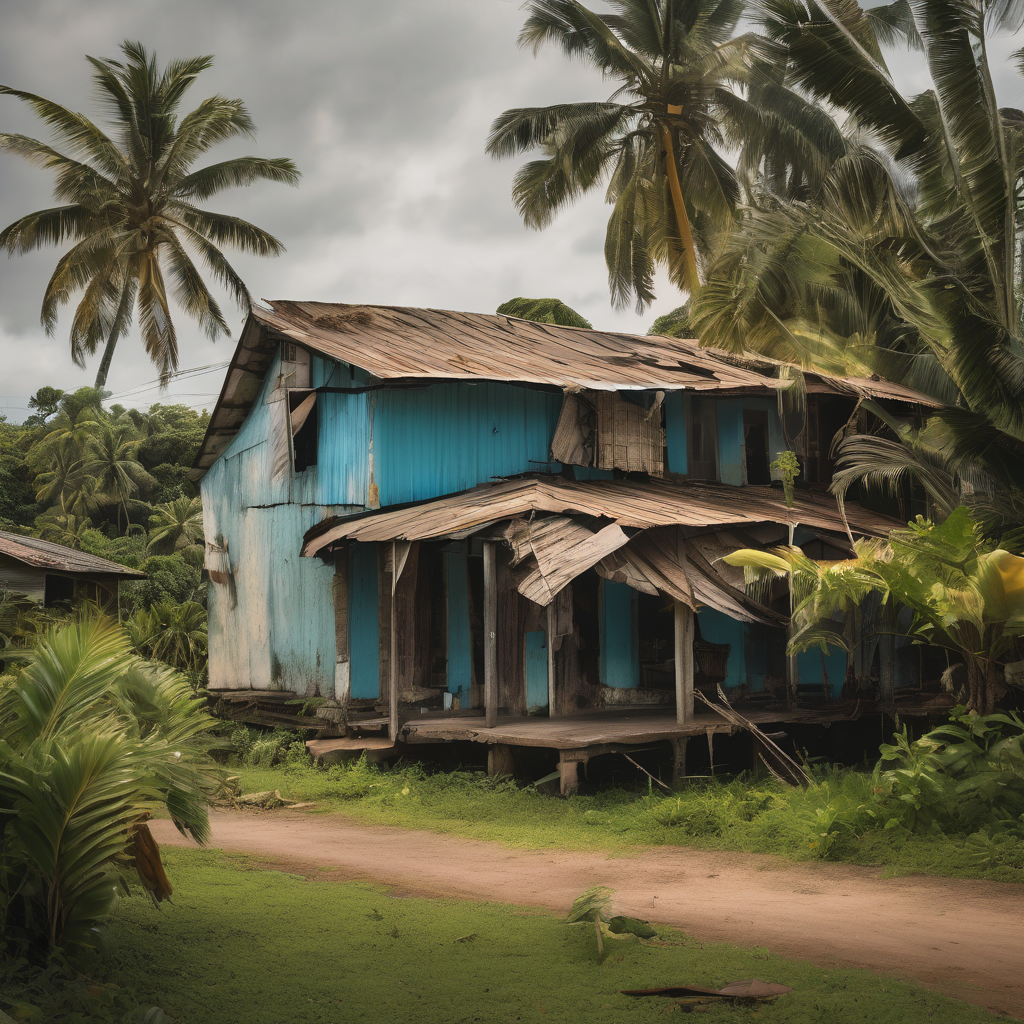Fiji is currently facing significant challenges related to housing insecurity and a shortage of local leadership, as it grapples with important political developments. Recent parliamentary discussions and high-profile events, including the visit from Indian President Droupadi Murmu, highlight these pressing issues. With over 250 informal settlements scattered across state, iTaukei, and freehold lands, many families are encountering instability in their living situations. A particularly concerning case involves the potential eviction of around 100 families from the Waisasa Settlement in Tacirua, a matter that is under close examination due to its complex legal and social ramifications.
Government agencies have acknowledged that a lack of funding and opposition from illegal settlers have hindered effective resettlement efforts. Since 2010, efforts to relocate squatters have made little headway, despite the issuance of over 40 land development leases by the iTaukei Land Trust Board. As the dialogue about housing continues, the urgency of the challenges these families face has become increasingly evident.
Compounding these housing issues is a significant gap in local leadership, with over 6,000 chiefly and customary positions currently unfilled, resulting in an occupancy rate of just 47%. This deficiency in leadership poses a threat to traditional governance structures and potentially disrupts community cohesion. In response, the iTaukei Lands and Fisheries Commission has initiated province-by-province consultations to address these vacancies, achieving a commendable success rate of approximately 80% during recent outreach efforts. Revitalizing traditional leadership is crucial for fostering community engagement in addressing housing and other social challenges.
On a more encouraging note, there are ongoing efforts to improve housing conditions. The Public Rental Board (PRB) has recently refurbished 36 previously unoccupied units at Jittu Estate in Raiwaqa, which will now be available for rental or purchase. This initiative reflects a proactive stance toward enhancing living standards for families in need and aligns with broader strategies aimed at alleviating poverty for tenants desiring to return to rural areas.
International organizations like UN-Habitat assert the importance of housing as a fundamental human right, projecting that the global demand for affordable housing will continue to rise in the years ahead. As Fiji navigates the intertwined issues of leadership and housing, there is a hopeful outlook: ongoing collaboration between government agencies, traditional leaders, and communities has the potential to generate innovative solutions that can restore trust and improve living conditions across the country.
By committing to fill leadership vacancies and implementing targeted housing initiatives, Fiji is positioning itself to tackle these challenges effectively. This approach paves the way for a brighter, more sustainable future for its communities. With continued community engagement and strategic partnerships, the nation can unlock pathways to resilience and equity, ensuring families have the opportunity for better livelihoods and living circumstances.
